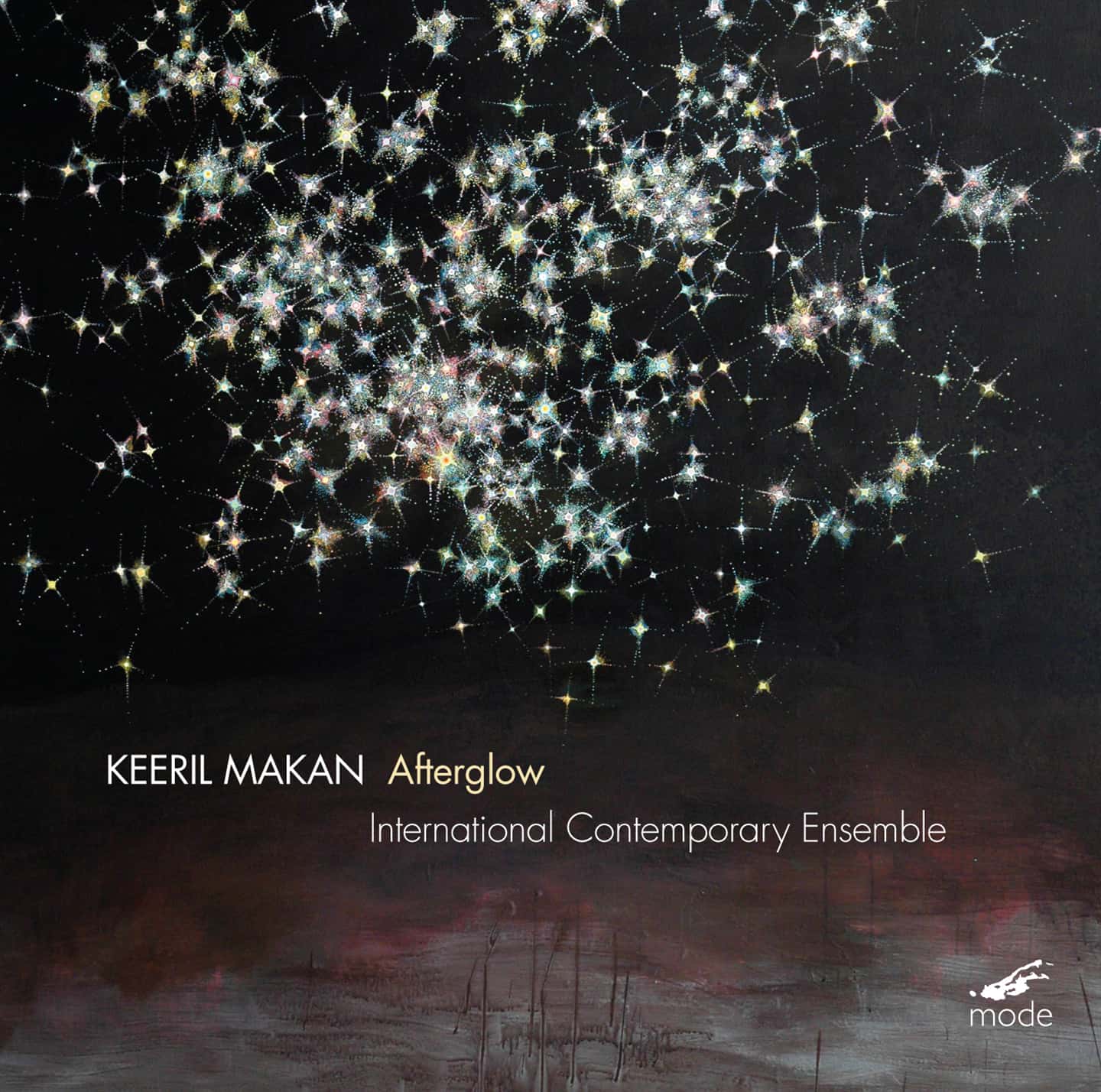Mercury Songbirds (2008) 11:59
for alto flute, clarinet, violin, cello, piano & percussion
International Contemporary Ensemble (ICE]
Adam Sliwinski, conductor
Husk (2006) 4:31
for flute, oboe & harp
International Contemporary Ensemble (ICE]
Afterglow (2007) 13:43
for piano solo
Cory Smythe, piano
Becoming Unknown (2010) 10:36
for flute/bass flute, clarinet/bass clarinet, trumpet & double bass
International Contemporary Ensemble (ICE]
Erik Carlson, conductor
Mu (2007) 3:10
for violin solo
Erik Carlson, violin
After Forgetting (2009) 16:26
for clarinet, piano, percussion, violin & cello
International Contemporary Ensemble (ICE]
Adam Sliwinski, conductor
“I pick up an instrument and poke at it a bit,
hoping it might tell me something useful —
a squawk, a cry, anything.”
— Keeril Makan
Keeril Makan composes without assumed expectations of an instrument’s sound or a performer’s capabilities, but by exploring the possible, by discovering the beautiful in the unexpected and following where that beauty leads. Makan’s relationship to the world of sounds has its connection to the work of Edgard Varèse and John Cage and by a broad American experimental tradition, with touchstones in the work of some of the European modernists.
Afterglow is the outcome of hours spent listening to the harmonic resonance of specific notes and chords, and to the durations of the resonances. The simplicity of the materials beguiles the listener into hearing beyond the immediate gesture to become aware of its “afterglow,” the sympathetic vibrations of the unplayed strings within the piano.
In Mu for prepared violin, Makan experimented with the placement of paper clips in the strings about an inch and two inches in front of the bridge, in the area normally traversed by the bow, and in the score asks the violinist to explore further the different sounds made possible by adjusting the bow relative to the clips.
Liner notes by Robert Kirzinger.

